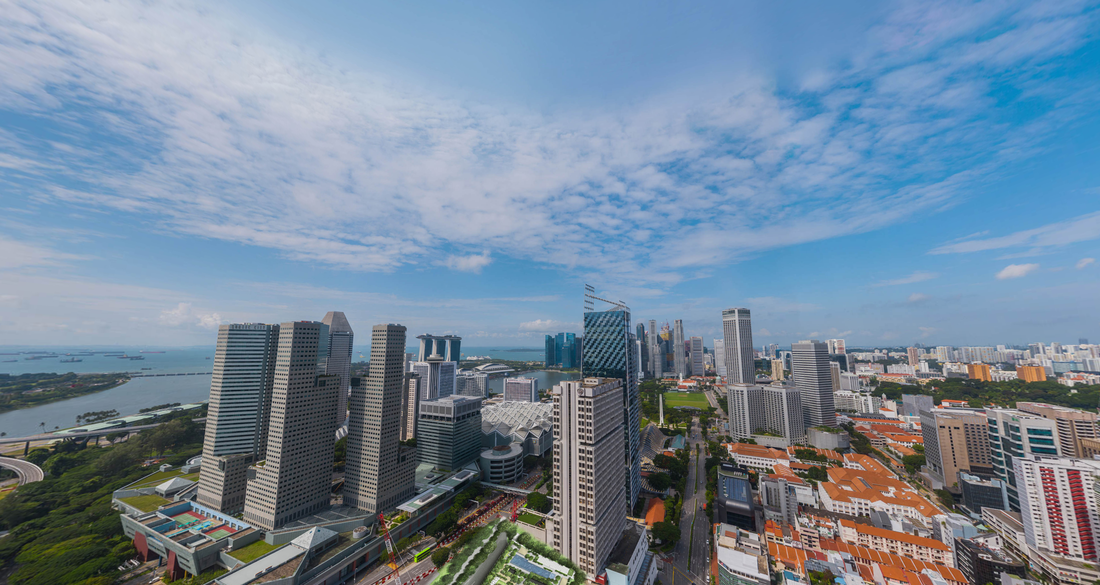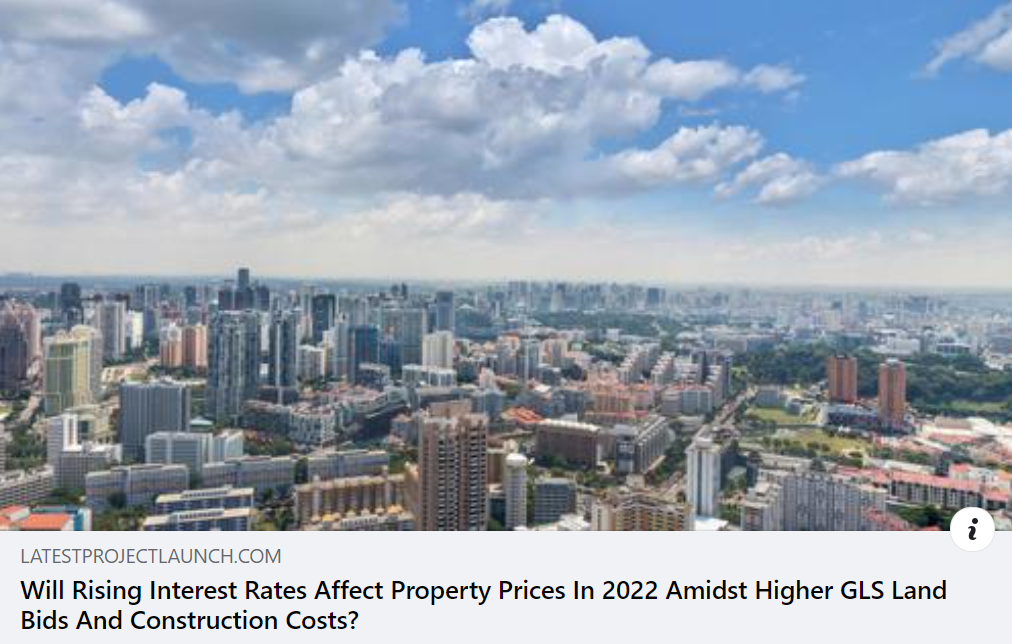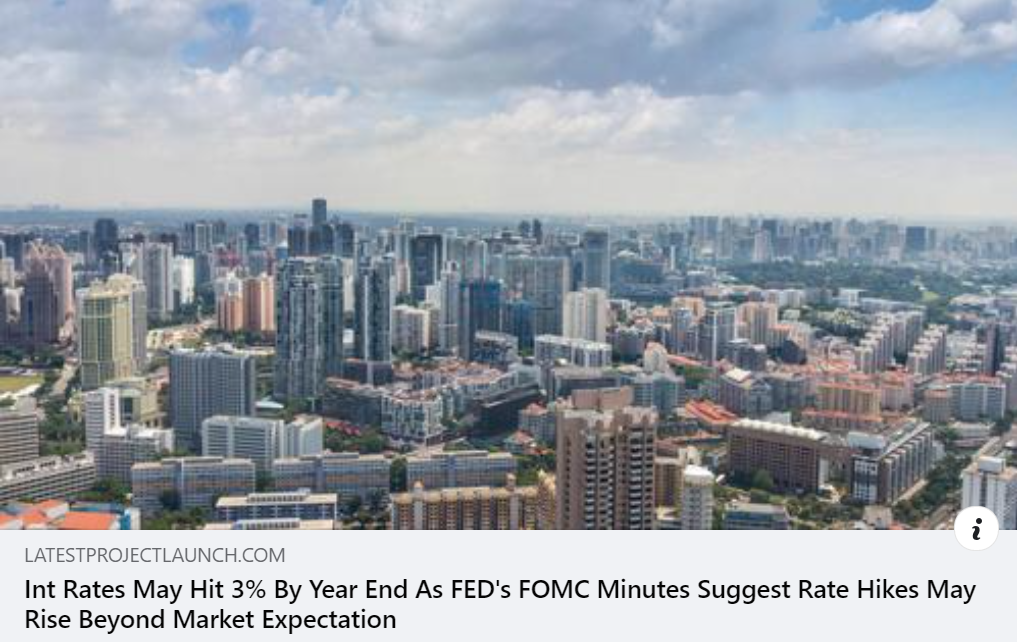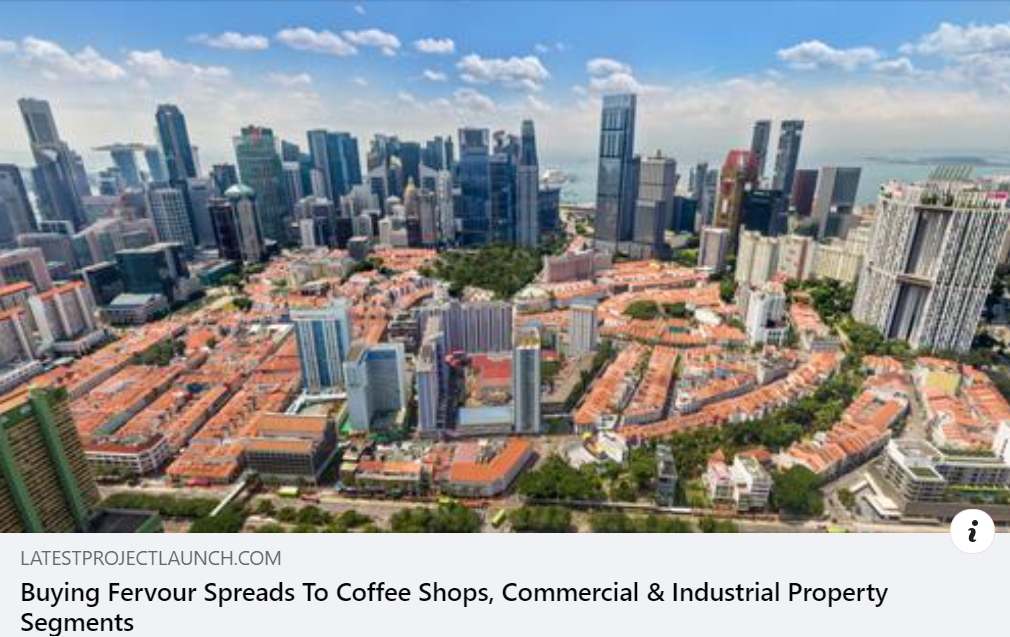While global GDP growth was strong in early 2022, overall prospects for the global economy are uncertain and hinge on the evolution of the conflict and regional pandemic situation.
Recently nations have been tightening government policies and raising interest rates, pushing the global economy into a synchronised slowdown in growth. Europe, Britain, Japan, South Korea, Australia, Canada and the United States are expected to fall into recession in 2023.
The world economy seem to be engineering a growth slowdown to rein in high inflation which is likely to persist as price pressures have spread beyond commodities to services items, rentals and wages.
The depth of recession will vary among nations and the degree of recession in US, Europe, China, Asia, India, Australia will be varied. Europe will definitely suffer much if Russia entirely cuts off gas to Europe.
Singapore is not spared either with headline inflation for January and February rising to 4.2 per cent, up from 3.7 per cent in the fourth quarter last year; core inflation, which excludes accommodation and private transport, was 2.3 per cent for the same period, increasing from Q4's 1.7 per cent. The Monetary Authority of Singapore (MAS) warned that inflation is likely to increase by "more than previously anticipated" in the quarters ahead, due to "sharply higher" global commodity prices since late February and renewed supply chain disruptions arising from the Ukraine war and the Covid-19 pandemic.
Singapore's central bank is working hard to "recentre the mid-point" of the Singapore dollar nominal effective exchange rate (S$NEER) policy band at the prevailing rate, as well as "slightly raise" the rate of appreciation of the policy band. There is no change to the width of the policy band. This is according to its latest monetary policy statement, which is typically published twice a year.
This tighter monetary policy stance, which builds on the policy moves in October 2021 and January 2022, is expected to slow the inflation momentum and help ensure medium-term price stability.
Strong pent-up demand for discretionary expenditure among Singaporeans and low resident unemployment rate in a tight labour market will keep employment figures well supported into 2023.
Real estate professional Kiwi Lim from Huttons Asia believe Singapore's economy will be suitably cushioned to prevent a hard landing as the island nation is well diversified in its economic umbrella and has cut down on its over reliance on America & Europe for its trade. The aggregate economic growth in Singapore’s major trading partners in Asia, China and India is expected to ease somewhat but the savings and wealth accumulated in recent years especially in Asian giants like China and India which Singapore has extensive trade and economic relations with will help cushion the deeper recessionary impact that may be seen widely in America and European countries towards the 2nd half of 2023.
Against this backdrop, Singapore's trade-related and modern services sector in 2023 may see a slower expansion or stagnation as compared to 2022, although the recovery in the domestic-oriented and travel-related sectors should "gather pace" with the relaxation of Covid-19 measures.










 RSS Feed
RSS Feed
